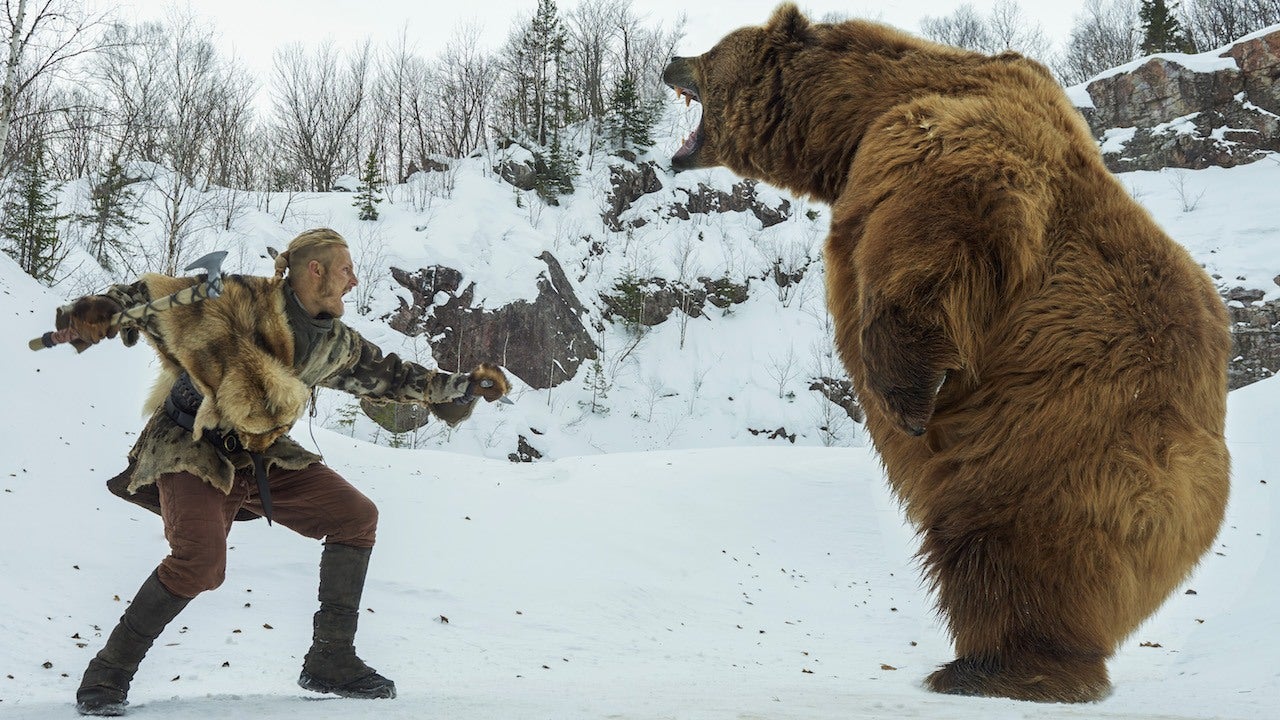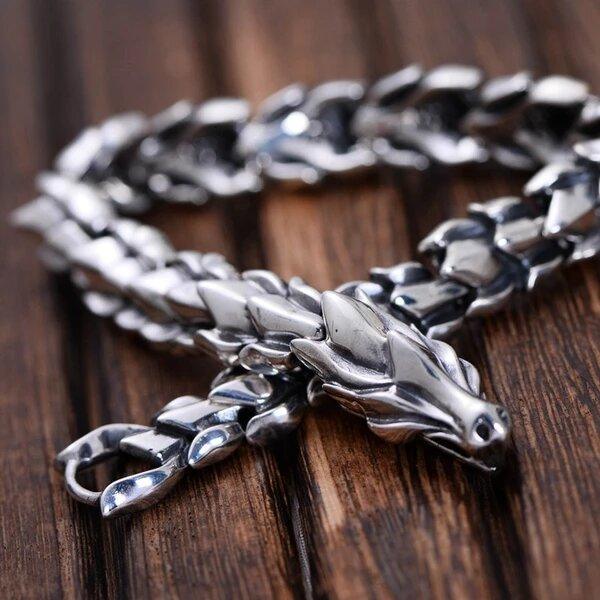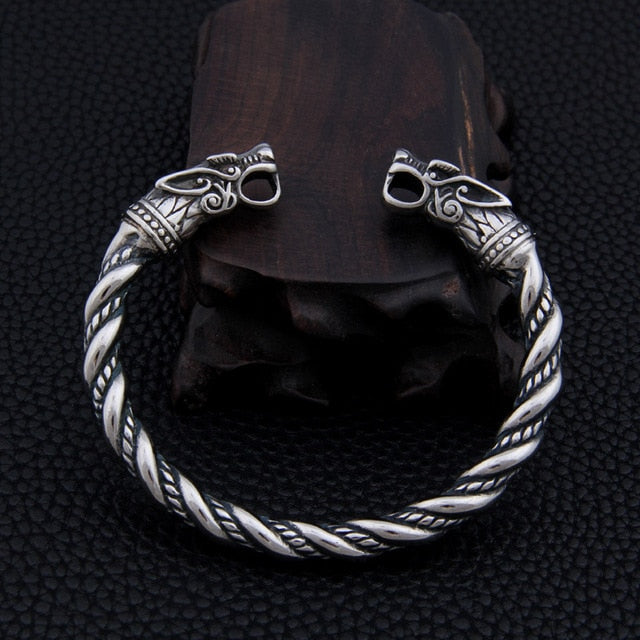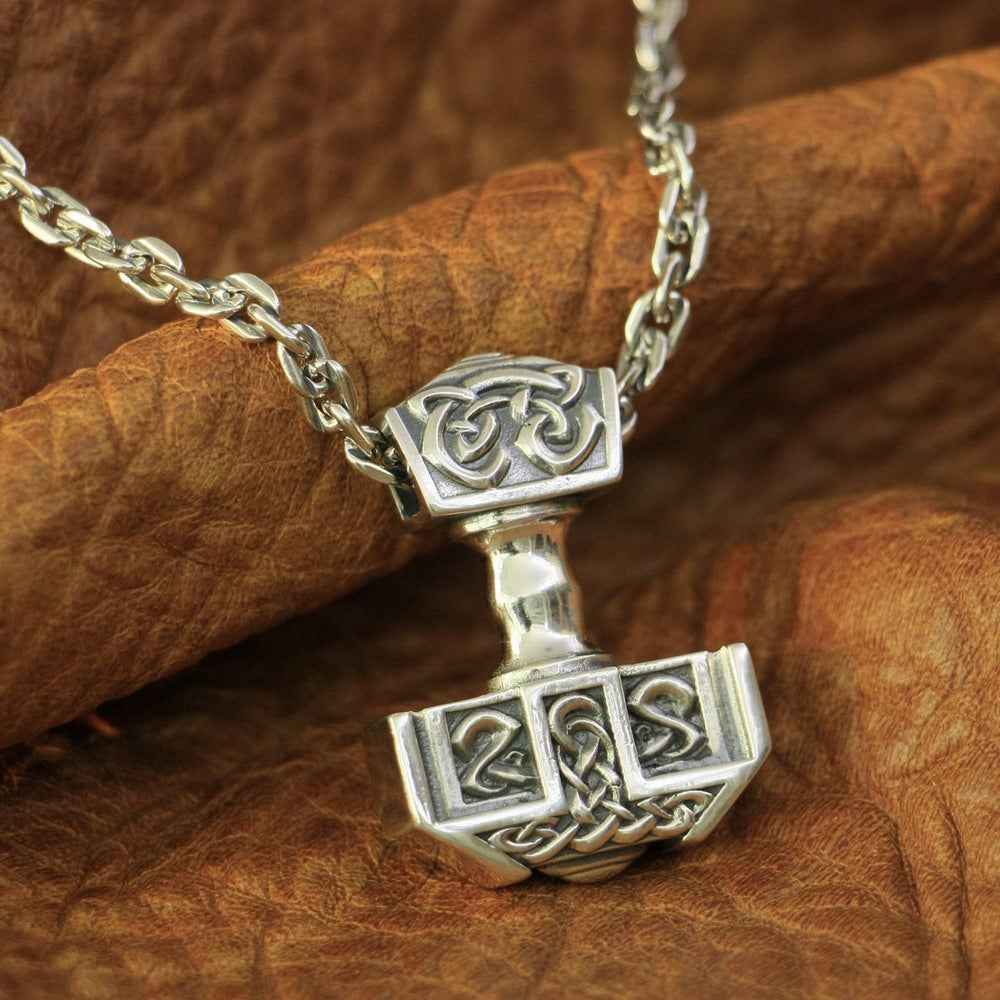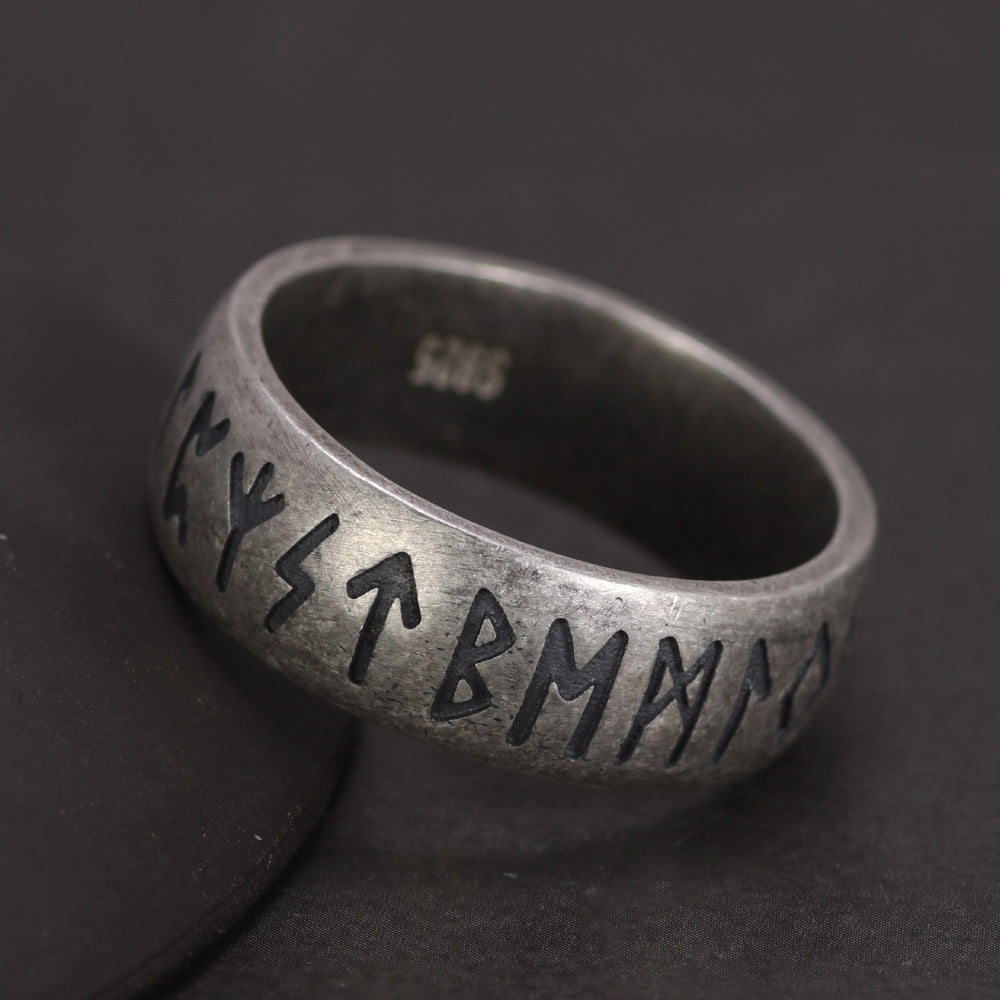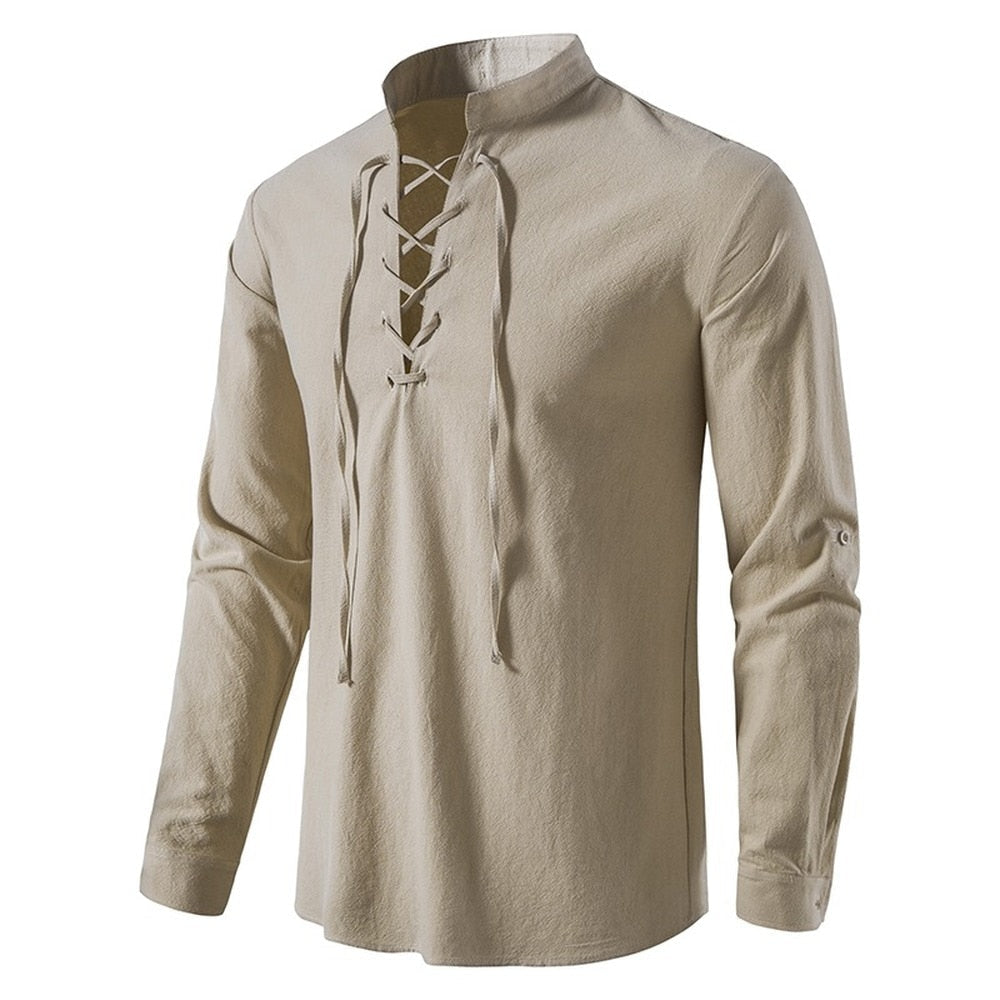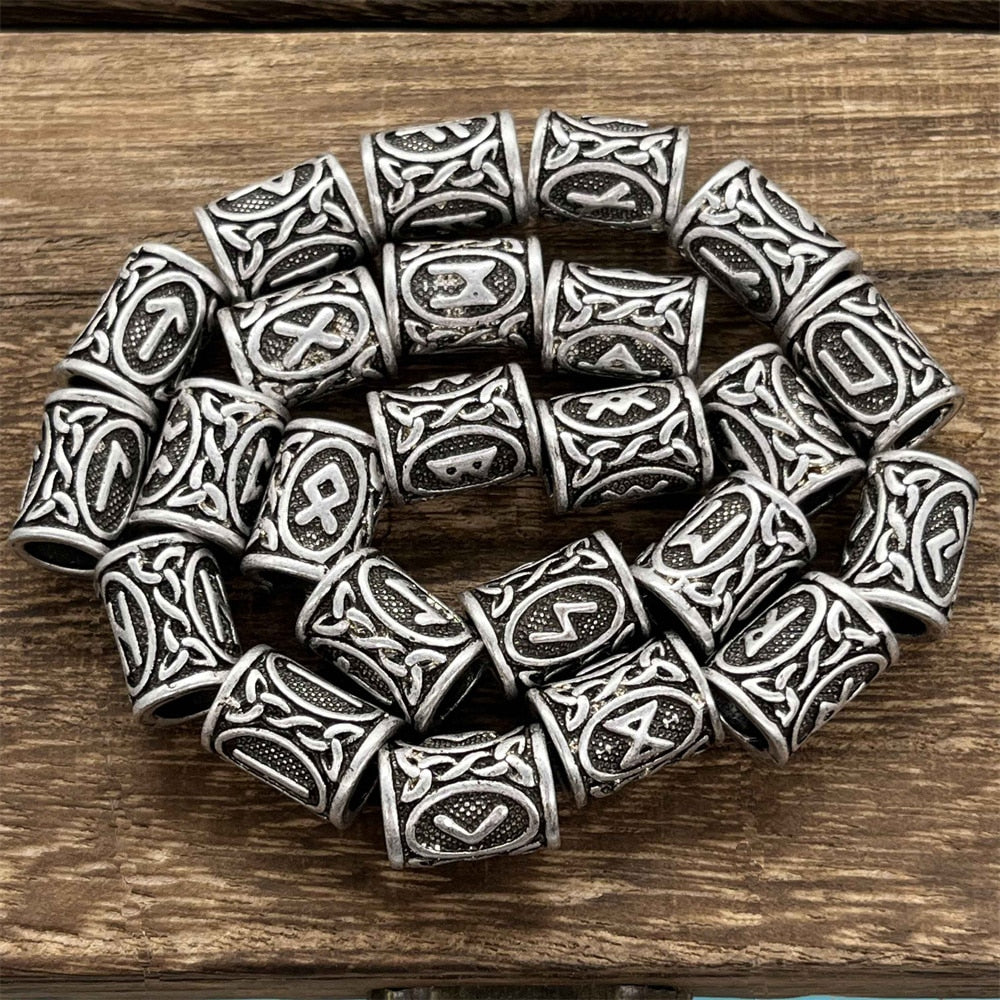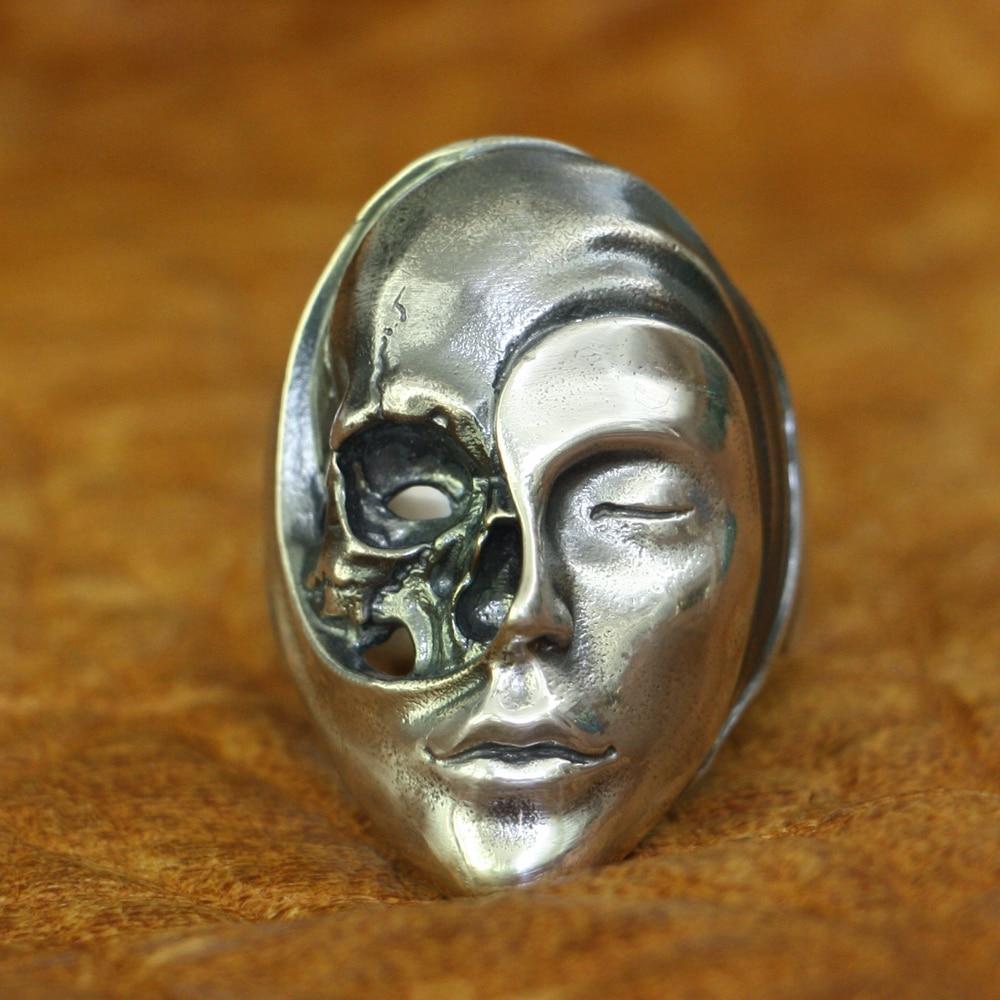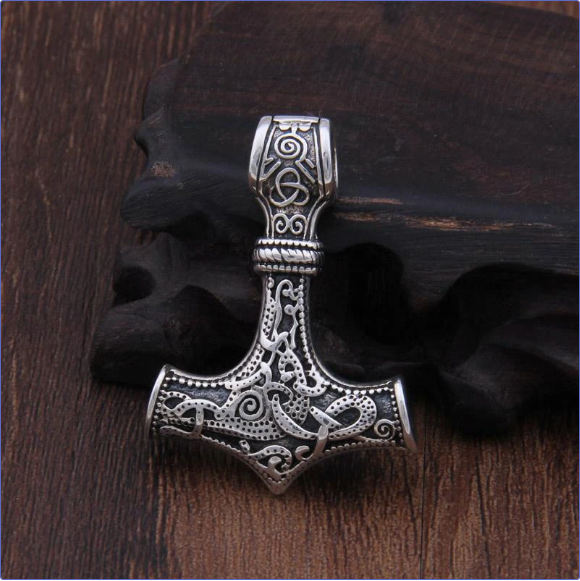The Vikings are often envisioned as ferocious warriors with insatiable zeal for exploration and conquest, driven by an outstanding adventurous spirit. The truth is, as always, much more complex than that. The lives of the Norse peoples were deeply influenced by a profound cultural and philosophical framework, where courage was intertwined with the concept of wyrd, a unique understanding of destiny or fate. This combination fostered unyielding bravery in both battle and life, creating a legacy that continues to inspire.

Courage: A Virtue of Action and Belief
Courage was a celebrated virtue for the Norse peoples. It is not limited to the battlefield but extends into everyday life, where individuals are expected to face challenges with resilience and poise.
For the Norse peoples, courage was a social expectation, reinforced by sagas and poems that praised fearlessness and ridiculed cowardice. In a community that valued reputation and honor above all, demonstrating bravery was a means to achieve lasting fame, which could echo even beyond death. This belief system is evident in works like the Hávamál, a collection of Old Norse poems offering wisdom and guidance. One verse encapsulates this ethos: "Cattle die, kinsmen die, you yourself must die; but I know one thing that never dies: the fame of a dead man’s deeds."
The Concept of Wyrd: Destiny Beyond Control
Underpinning this valorous outlook was the Norse concept of wyrd. While often translated as "fate" or "destiny," wyrd is distinct from modern deterministic interpretations. It suggests a web of interconnected events where actions, choices and circumstances intertwine.
This worldview encouraged the Norse peoples and Vikings to live boldly, seizing opportunities without fear of failure or death, with the concept of wyrd providing a framework in which courage is essential. If one’s destiny is preordained in some respects, it made little sense to cower in the face of danger. Instead, embracing wyrd meant confronting challenges with valor, trusting that whatever unfolded was part of a greater cosmic design.

Courage and Wyrd in Practice: The Saga Legacy
The Norse sagas, rich with tales of heroism and tragedy, offer insight into how courage and wyrd were lived realities. Consider the story of Egil Skallagrimsson, a warrior-poet who faced insurmountable odds with a blend of boldness and acceptance of his wyrd. In his saga, Egil's unflinching spirit, even in the face of personal loss and societal opposition, highlights how courage was a response to his unknown wyrd.
Similarly, the saga of Ragnar Lothbrok, a legendary Norse hero, emphasizes the Viking ideal of meeting fate head-on. Ragnar’s death, marked by a defiant proclamation about the joy of Valhalla, illustrates how deeply ingrained the belief in wyrd was. His acceptance of his demise epitomizes the Viking understanding of courage: to act without fear, no matter the outcome.

The Norse and Viking approach to courage and wyrd offers timeless lessons. In an age of uncertainty, these lessons tell us to embrace challenges with fortitude and to see setbacks as part of a larger narrative. Rather than fearing what lies ahead, to live boldly, anchoring our actions in a sense of purpose and trust in the broader currents of life.
Bibliography
Byock, Jesse. The Saga of the Volsungs: The Norse Epic of Sigurd the Dragon Slayer. University of California Press, 1990. ISBN: 978-0520069046.
Crawford, Jackson. The Poetic Edda: Stories of the Norse Gods and Heroes. Hackett Publishing Company, 2015. ISBN: 978-1624663567.
Larrington, Carolyne. The Norse Myths: A Guide to Gods and Heroes. Thames & Hudson, 2017. ISBN: 978-0500251966.
